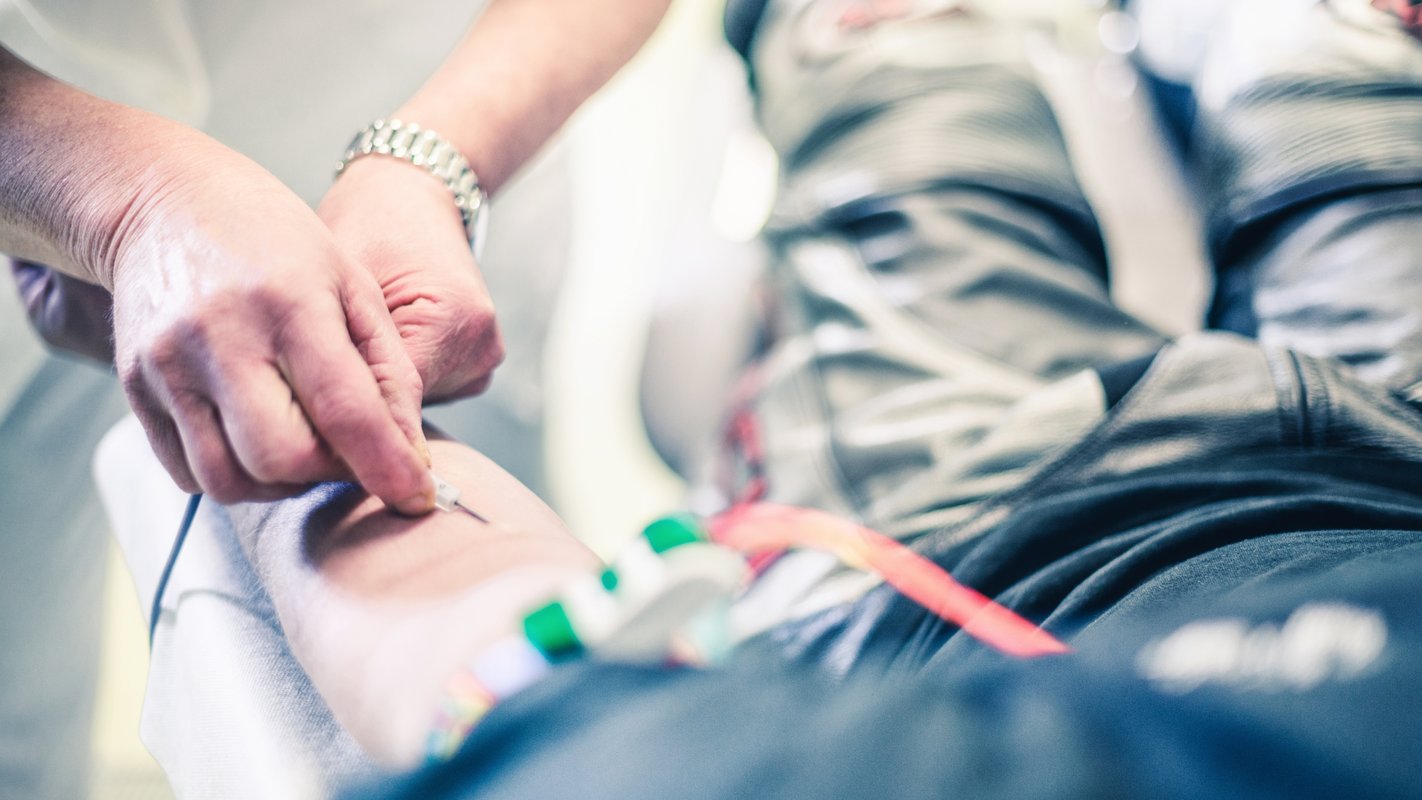How to Become a Phlebotomist in Colorado (2025)

If you're looking for a fast, affordable entry into Colorado's booming healthcare system, becoming a Phlebotomist is an excellent choice. The state employs over 3,000 of these essential professionals who earn a median salary of $47,780 per year, according to the U.S. Bureau of Labor Statistics. This guide provides the definitive 5-step process for navigating Colorado's training and certification landscape to launch your career in this vital role in just a few months.
5. Pursue Advanced Education
Your phlebotomy certification is an excellent entry point into the laboratory or broader healthcare field. Many phlebotomists continue their education to become Medical Laboratory Technicians (MLTs), Medical Assistants (MAs), or Registered Nurses (RNs).
Where Can I Find Phlebotomy Classes in Colorado?
Are you now considering a career as a phlebotomist in Colorado? If so, Dreambound is your go-to platform for finding and comparing vocational training programs. They offer a variety of phlebotomy courses tailored to meet Colorado's state requirements. Simply visit Dreambound to check out your options and find a course nearby.
Dreambound gives you all the crucial details about each program, including what you'll learn, how long it takes, how much it costs, and feedback from previous students. This makes it a breeze for you to make a smart choice and pick the top phlebotomy classes near you. Plus, you'll have Skipper, the AI coach, to guide you! Skipper can help you navigate and suggest courses based on your likes and needs!
Career Paths and Opportunities after Becoming a Phlebotomist
Phlebotomy can be a stepping stone into advanced healthcare roles, including:
- Medical Laboratory Technician (MLT): Performing diagnostic testing in medical labs.
- Registered Nurse (RN): With additional education, transitioning into direct patient care roles.
- Phlebotomy Supervisor: Managing and training phlebotomists in clinical settings.
- Research Lab Technician: Assisting in medical research and clinical trials.
Frequently Asked Questions
Does Colorado require a license for phlebotomy?
Colorado does not require a state-issued phlebotomy license. However, most employers prefer candidates who obtain national certification to demonstrate their expertise.
How long is phlebotomy school in Colorado?
Phlebotomy training programs in Colorado typically last around 10 weeks, including both classroom instruction and hands-on clinical practice.
What is the shortest time to become a phlebotomist?
The shortest time to become a phlebotomist is generally 3 to 6 months, depending on the training program. Accelerated programs may allow students to complete their certification in as little as 3 months.
How much does a phlebotomist make in Colorado?
The average salary is about $47,780 per year. Experienced phlebotomists or those in management roles can earn significantly more.
How much does a traveling phlebotomist make in Colorado?
In Colorado, the amount a traveling phlebotomist can expect to earn each year ranges from $35,436 to $44,159. This can increase by up to $50,000 plus in terms of different factors.
Final Thoughts
Becoming a phlebotomist in Colorado can be a rewarding and in-demand career path. By completing the necessary training and certification requirements, you can start your journey toward a fulfilling career in the healthcare industry.
If you're thinking of a new career path, Dreambound offers in-depth guides to understanding various job choices:

Athena is Co-founder and CEO of Dreambound.



